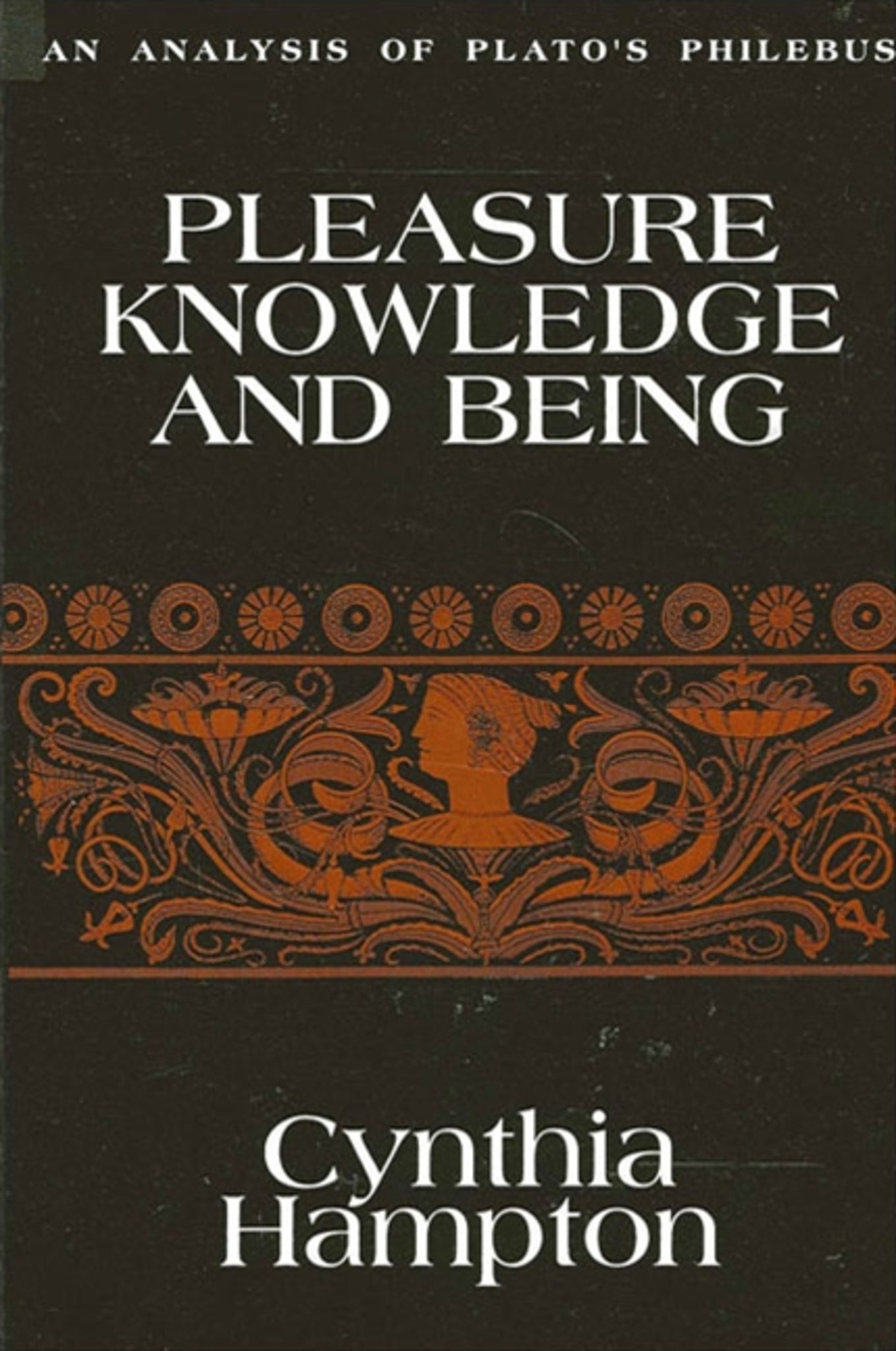We're sorry. An error has occurred
Please cancel or retry.
Pleasure, Knowledge, and Being

Some error occured while loading the Quick View. Please close the Quick View and try reloading the page.
Couldn't load pickup availability
- Format:
-
05 July 1990

Hampton illumines the overall structure of the Philebus. Taking the interrelations of pleasure, knowledge, and being as the keys to understanding the unity of the dialogue, she focuses on the central point. The analysis of both pleasure and knowledge can be understood fully only if placed within the context of the more general and fundamental question of how human life fits into the overall structure of reality.
What guides the discussion of the good life throughout the dialogue is the conviction that we can only realize our human good by shaping our lives so that they are true to the universal Good which unites all things. It is around this crucial point that the dialogue is structured. Thus, according to Hampton's interpretation, the Philebus shows what it says: that if we delve deeply enough, we shall discover that behind the appearance of disorder lies beauty, proportion, and truth.


"Its thesis is contrary to prevailing scholarly beliefs and is well argued. Hampton's study will become one of the major works on the Philebus." — Henry Teloh, Vanderbilt University
"Scholars defending 'revisionist' readings would have to take Hampton into account. She makes a good case for continuities with the Plato of the Republic, and she shows how some of the new terminology of the Philebus can be reconciled with the earlier doctrines." — David Kolb, Bates College
Preface
Introduction
1. The Nature of Pleasure and Knowledge: Ontological and Methodological Considerations (11A–1A)
2. The Classifications of Pleasure and Knowledge (31B–59D)
3. The Good Life and the Good as Cause (59E–67B)
Appendix: The Philebus and Aristotle's Testimony—Interpretations of Jackson and Sayre
Notes
Bibliography
Index



